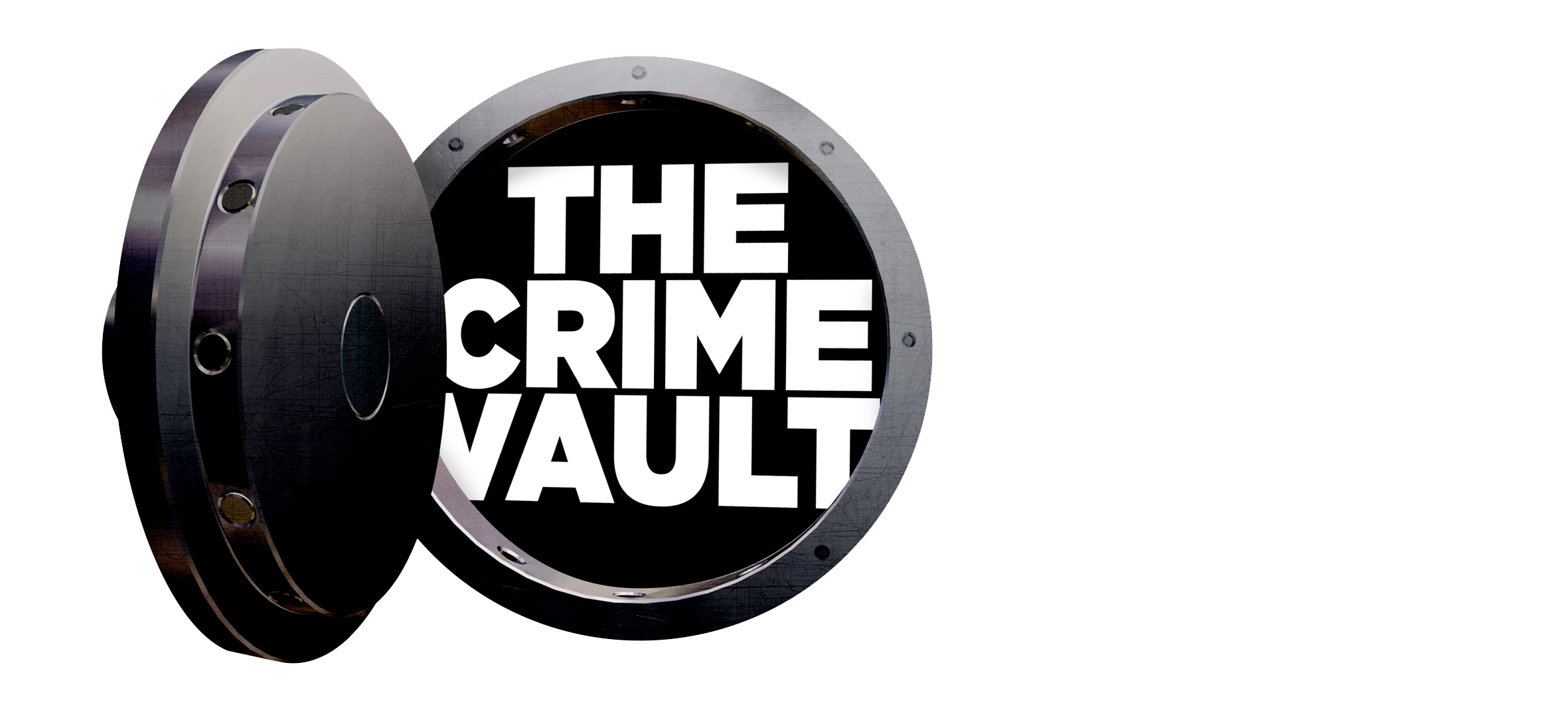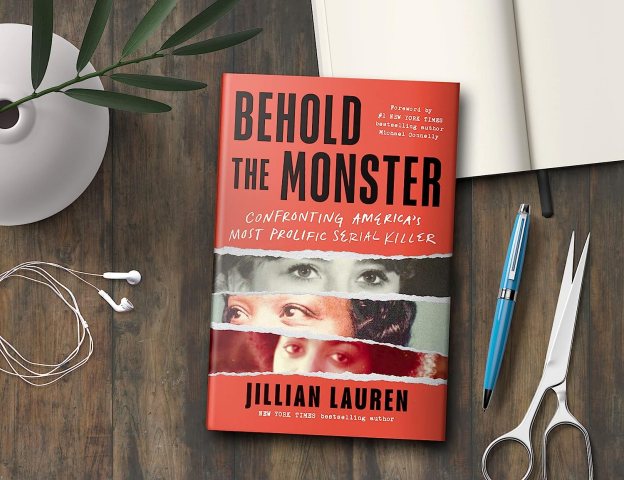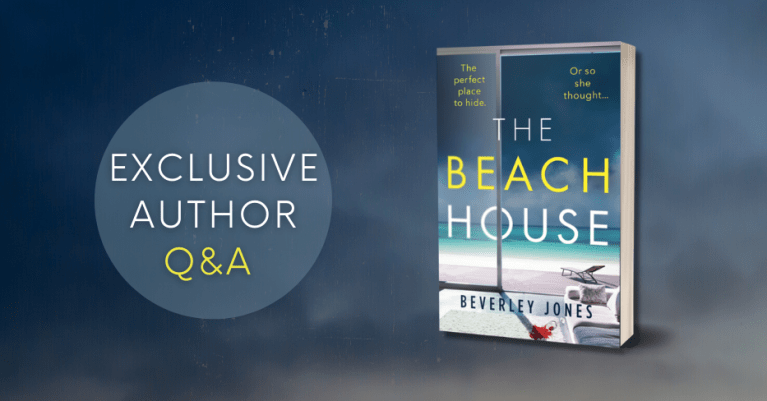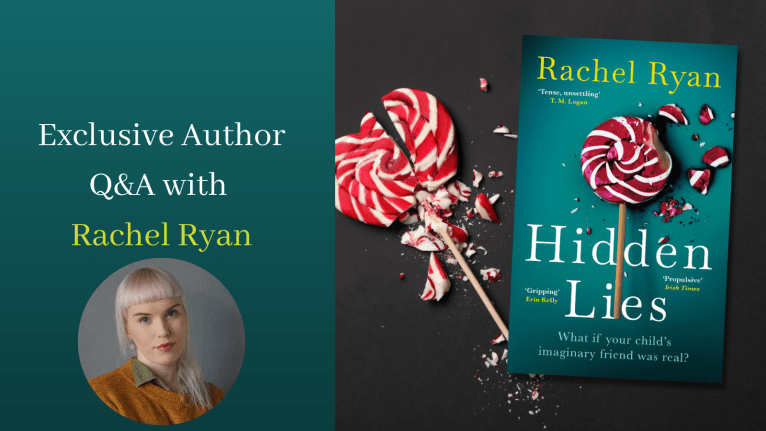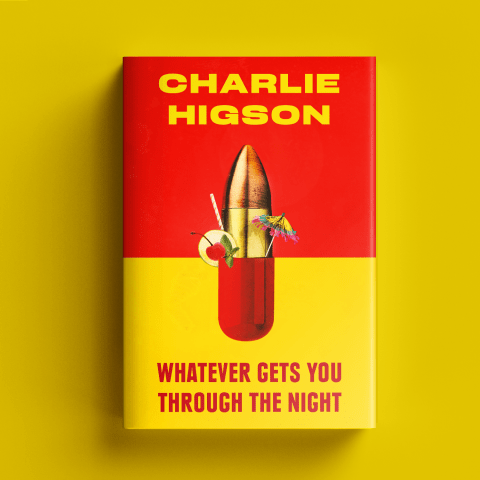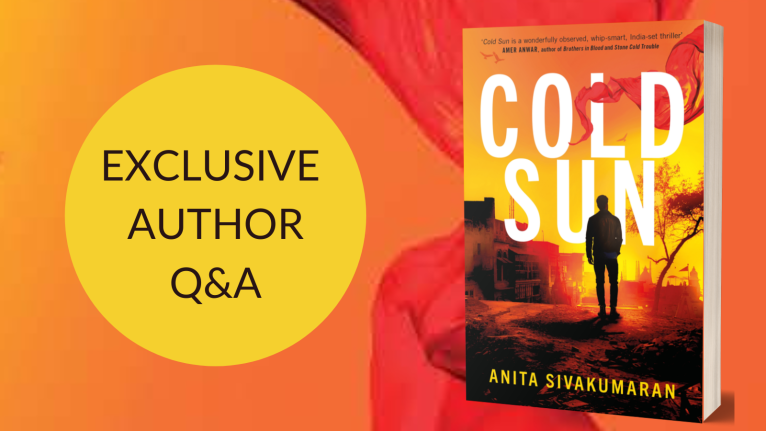When blogger Milo Rambles met Boyd Morrison
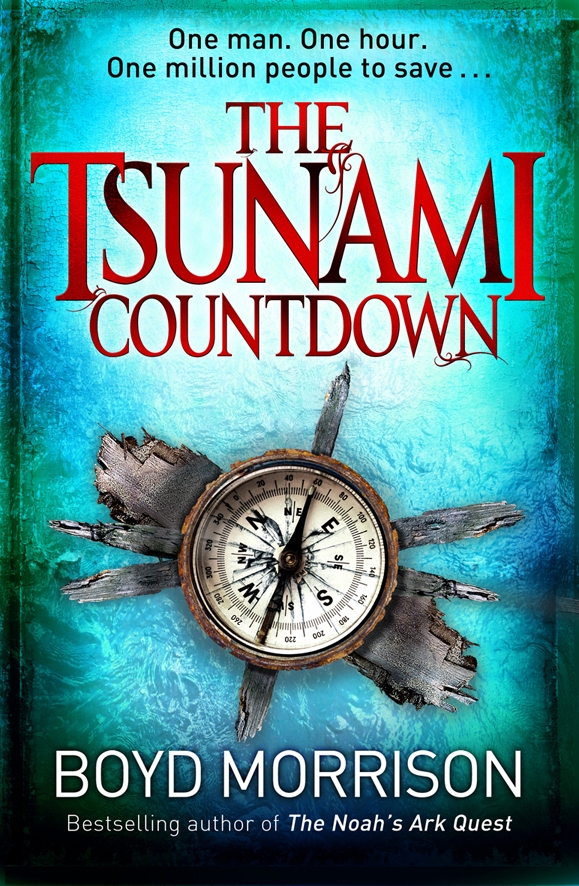
 When blogger Milo Rambles www.milorambles.com read Boyd Morrison’s The Tsunami Countdown last month he called it one of his books of the year, saying that ‘for sheer entertainment value it’s not only unbeatable but unputdownable!’. The Crime Vault then put Milo and Boyd in touch so that Milo could discover the story behind his new favourite book and learn some more about Boyd’s writing life and fascinating background:
When blogger Milo Rambles www.milorambles.com read Boyd Morrison’s The Tsunami Countdown last month he called it one of his books of the year, saying that ‘for sheer entertainment value it’s not only unbeatable but unputdownable!’. The Crime Vault then put Milo and Boyd in touch so that Milo could discover the story behind his new favourite book and learn some more about Boyd’s writing life and fascinating background:
Milo Rambles: Thanks for joining me today, Boyd.
Before we get into your latest book I’d like to take you back a few years: I wondered if writing was something you’ve always wanted to do, a hankering to spread the written word perhaps?
Boyd Morrison: I wish I could say I was one of those people who knew they wanted to write from when they were little kids, but honestly it didn’t even occur to me. Writers were these mythical beings that magically created stories out of thin air, so it seemed like a silly dream that I could be one of them. I’ve always loved reading thrillers and had ideas for my own stories, but it wasn’t until I was almost finished with graduate school that I thought I might be able to take a stab at it.
MR: Given your background in engineering, it seems a far cry to go from mechanical engineering to becoming a bestselling author, how did you make that step?
BM: It’s true that I don’t know many engineers that have become novelists. However, many writers I know were in other professions before they started writing: doctors, attorneys, advertising executives, even a veterinarian. I think many of us need that life experience first to have the perspective to write stories. For me, it came from feeling that all the writers I loved weren’t writing fast enough to satisfy my hunger for new stories, so I finally decided to see if I could come up with one of my own.
MR: Talking of engineering I understand – if my facts are correct – you’ve achieved something I’ve always wanted to experience: a ride on NASA’s vomit comet! How did that come about and apart from zero gravity, how did you feel?!
BM: Flying on the Vomit Comet was one of the most fun experiences I’ve ever had. I’ve actually flown on it three times; two of them simulated zero gravity and the other flight simulated gravity on the moon and Mars. I worked in the NASA Man-Systems division as a contractor, and my role was in developing systems for the international space station. The first time I flew was to research the best design for a maintenance workstation, and I happened to fit the 95th percentile height of astronauts because I’m 6’2″. Then I participated in a crew evacuation study for determining how fast the astronauts could escape in an emergency. The final flight was to help test floor surface materials that might someday be used on moon and Mars bases. At the end of each flight, we usually got a few sessions to play around, doing all the somersaults and tricks you see the astronauts perform. For the record, I’m proud to say that I never threw up, so the plane didn’t get that nickname from me.
MR: Incidentally, The Tsunami Countdown is the first novel of yours I’ve read. I was wondering how you came up with the idea for the book?
BM: When I saw the terrible events of 9/11, seeing the fire-fighters go into the World Trade Centre to help evacuate even though they were in grave danger, it occurred to me that it was possible some of those fire-fighters had family members in one of the tower. Never having been a fire-fighter myself, I wondered what I would do if I knew my family was in jeopardy. Would I continue to do my duty and hope that my family would get to safety, or would I abandon my post and make sure they got out safely knowing their chance of survival was slim if I didn’t? That set up the dilemma for the story, but I needed an event that would present such a scenario. Then I wondered what one might do if you knew a tsunami was coming and had only a limited time to get to safety, and the story grew from there.
MR: Did you spend any time in Hawaii during the writing process and were you glued to the devastating scenes on television of the Boxing Day Tsunami in 2004?
BM: I started researching the book in 2003, eighteen months before the Boxing Day Tsunami. I was on a holiday to Maui, and my wife and I took a day trip to Oahu to visit the Pacific Tsunami Warning Centre outside of Honolulu. At the time, the centre had only six employees and was a rather sleepy place because no major tsunami had made landfall in over forty years. The director of the centre spent three hours with us, giving us a tour and consulting with me on the story, essentially agreeing that it could happen the way I had plotted it. Then in late 2004, just a week before I planned to leave my job at Microsoft and spend my newfound free time writing The Tsunami Countdown, the horrible tsunami hit Southeast Asia. I contemplated whether to go on writing the story or move on to something else, but I knew it would be years before the book came out and might then give it some distance, so I decided to write it. The book came out in the US just two months before the massive tsunami hit Japan.
MR: How much research do you put into your books? Given the amount of scientific facts we find in The Tsunami Countdown I take it you’ve used a lot of your previous education to help tell the tale?
BM: All of my books have some kind of scientist or engineer as the protagonist because it’s what I know and because I think they have fascinating jobs and resources. I have a bachelor’s degree in mechanical engineering and a PhD in industrial engineering, so it seemed natural to build on that education for my books. I enjoy finding little known facts, technology and settings to include in my stories, and I try to make them as scientifically accurate as possible, though I may fudge the details here and there to suit the storytelling. After all, I do write fiction, which allows me some leeway to make things up when I need to. For example, all of the streets in Honolulu are described accurately in The Tsunami Countdown, but I created a new hotel on Waikiki Beach where a significant portion of the story takes place. However, the Pacific Tsunami Warning Centre is precisely how I describe it, literally and ironically two hundred yards from the ocean.
MR: What kind of relationship do you have with your protagonists?
BM: I think you have to love your protagonists, otherwise it’s impossible to make your readers care about them. I desperately wanted Kai and his entire family to survive the disaster without a scratch, but I also wanted to write a suspenseful story about sacrifice, hope, and the ability to carry on even in the face of heartbreak. The tsunami is a catastrophe, and I wanted the reader to be uncertain whether everyone (or anyone) would make it out alive.
MR: Tell me a little more about Kai Tanaka and his role at the Pacific Tsunami Warning Centre in Honolulu, what can we expect from him?
BM: Kai is the new assistant director, the second in command hired only a few months before from another position on the mainland. The director is away at a conference when the disaster strikes, and Kai is tested for the first time in a real life and death struggle. He has to wrestle with how to make the hard calls in the face of conflicting data and what his gut is telling him, and eventually he’s confronted with the ultimate dilemma when he finds out his thirteen-year-old daughter is stranded on Waikiki Beach as the mega-tsunami is bearing down on Honolulu. He has just minutes to decide how he can protect the millions of people on the islands while still saving his own daughter.
MR: Are the names of the characters in your novels important?
BM: Kai is a half-Japanese, half-Caucasian native of Hawaii, so I wanted to give him a name from the Hawaiian language. Kai means ‘ocean’, which I thought was fitting for someone who detects tsunamis for a living. For the other names, I tend to make them try to fit the character I’ve created, For example, for Kai’s half-brother Brad, a full Caucasian, I chose a name that I thought would be appropriate for his good-natured bad boy image. I also try to make the names distinctive so that the reader doesn’t get confused about who I’m talking about, like it would be having three characters named Janet, Jenny, and Jean.
MR: Did you face any challenges writing the novel, or indeed any others you’ve written?
BM: There are challenges all the time, like the aforementioned one of deciding whether to write it in the first place. For The Tsunami Countdown, I initially wrote Kai’s character from the first-person point of view and the other characters from the third-person. But when I sent the book out to my initial readers, they replied that it was confusing going back and forth between those two styles, so I went back and rewrote the entire story from the third-person. I think they’re right; it works much better this way.
MR: What’s a typical day like in the Morrison household when you’re writing and do you have a favourite place you like to write?
BM: The closer I get to my deadline, the longer I’m at the computer each day. I spend most of my time in my home office, but I do take some opportunities to go out to coffee shops to write in a new location to get a new perspective. I don’t have a set writing time, but I tend to be most productive in the evening.
MR: Now I’d like to go back to your childhood, what was the most important thing you learned while at school?
BM: That I had unknown talent I could tap into. Whether it was in my schoolwork or acting in plays, having mentors who told me that I had talent for something helped build my confidence to try new endeavours.
MR: If you could quote a line or paragraph from your work what would it be and why?
 BM: The final line of my latest book, The Roswell Conspiracy: ‘After all, Tyler thought, what’s the point of life if there isn’t any mystery?’ I think it captures why I love thrillers and why we all continue to move forward in life: we want to find out what’s going to happen next.
BM: The final line of my latest book, The Roswell Conspiracy: ‘After all, Tyler thought, what’s the point of life if there isn’t any mystery?’ I think it captures why I love thrillers and why we all continue to move forward in life: we want to find out what’s going to happen next.
MR: Following the publication of The Tsunami Countdown where do you go now and can you give us a sneaky peak at your next novel?
BM: I’m currently writing the fourth book in my Tyler Locke series, to be titled The Loch Ness Legacy. I ventured to England, Scotland, and France to research settings for the novel, and it should come out in 2013.
Here’s the quick-fire round:
MR: How would you describe yourself in one sentence?
BM: Terse.
MR: If you could send one person to a desert island with no internet access, mobile phones or email who would it be and why?
BM: The person who invented spam email.
MR: Who would you send along six months later to keep that person company yet deprive the rest of us!
BM: The person who invented telemarketing.
MR: What’s your favourite word?
BM: ‘Congratulations’, because it usually means something good happened (sarcasm excepted).
MR: Which fictional character would you most like to meet in real life and why?
BM: James Bond, because I’d hope some of his coolness would rub off on me.
MR: If there was no such thing as literature, how would your life differ?
BM: I’d still want to create stories, so I probably would have gone into the movie business.
MR: What’s your favourite fruit?!
BM: Apples. I eat one every day.
MR: What makes you keep picking up and reading books?
BM: I love reading new adventures that I couldn’t possibly have thought up on my own. It’s always a treasure when you can get sucked into a story and forget you’re in the real world.
MR: Sometimes I watch a movie or read a book and spot myself in random characters, have you ever read or seen yourself as a character in a book or a movie and panic?
BM: Peter in Office Space. That used to be me.
MR: How has being a published author changed your life?
BM: I’m no longer Peter in Office Space.
What could be better than making things up for a living?
MR: What do you see as the main purpose of your writing?
BM: To entertain.
MR: If you could invite three people to a murder/mystery dinner party who would you invite and who would end up being the victim at the end of the night?!
BM: Oprah, Dave Barry, and my wife. After a few bottles of wine, we’d probably completely forget about the mystery.

Find out more Boyd and his bestselling Tyler Locke series here.
Read the full Milo Rambles review of The Tsunami Countdown.
Connect with @boydmorrison and @milorambles on Twitter.
One man. One hour. One million people to save...
Over the remote central Pacific, an airliner is rocked by a massive explosion and plummets into the ocean, leaving no survivors.
Twelve hundred miles away in Hawaii, Kai Tanaka, the acting director of the Pacific Tsunami Warning Centre in Honolulu, notes a minor seismic disturbance but doesn't make the connection with the lost airplane. He has no reason to worry about his wife, manager of a luxury hotel, or his daughter, who is enjoying the sunshine at Waikiki beach.
But when all contact with neighbouring Christmas Island is lost, Kai is the first to realize that Hawaii faces an epic catastrophe: in one hour, a series of massive waves will wipe out Honolulu. He has just sixty minutes to save the lives of a million people, including his wife and daughter...
Addictive and fast-paced, The Tsunami Countdown pitches an ordinary man against the odds in an electrifying and action-packed thriller. You won't be able to put it down.
